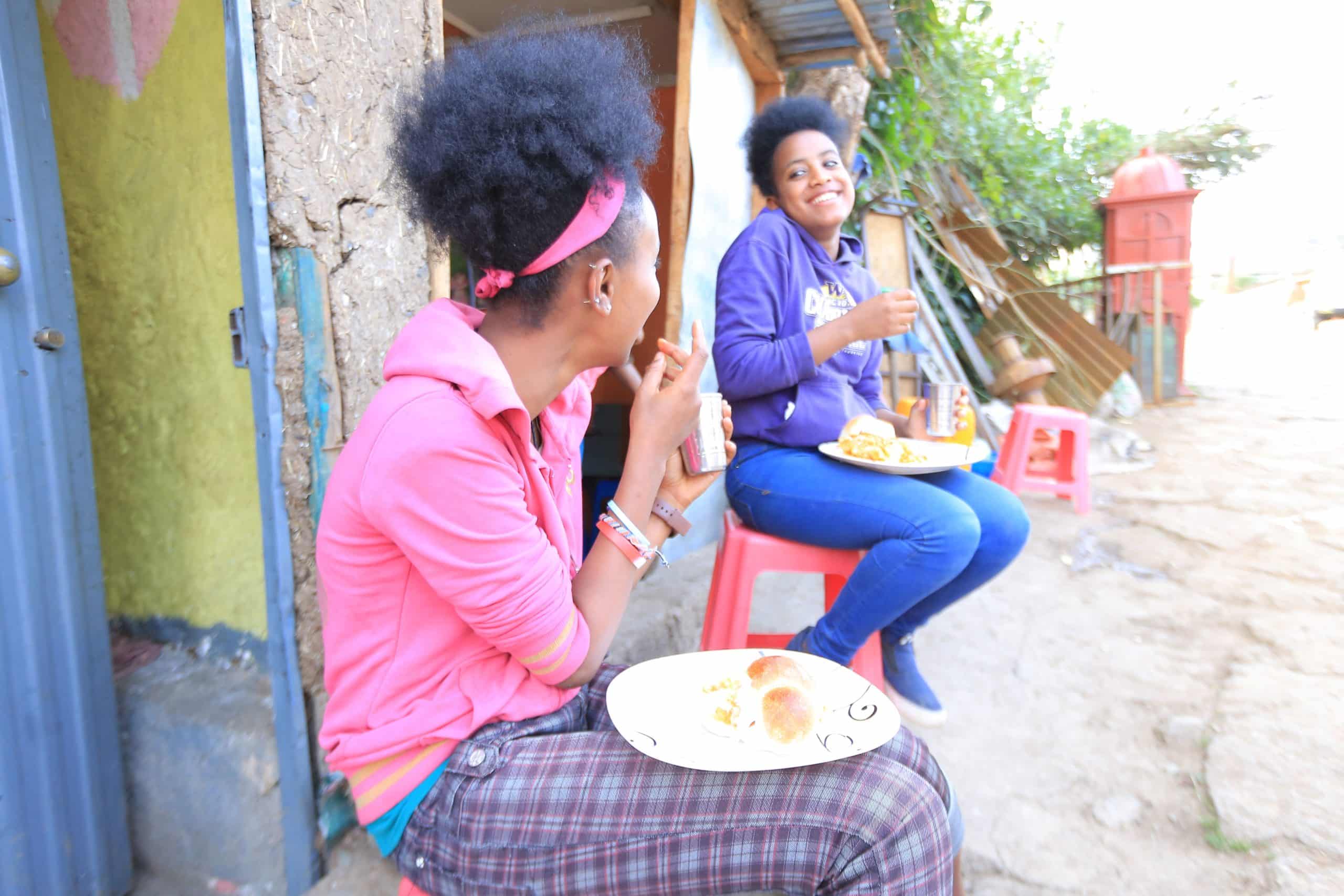Expert Comment: Three factors that help beat the odds in Young Lives
Thursday 10th Aug 2023, 9.20am

Lemn was inspired to get involved by work done by one of my colleagues, Gina Crivello, a key member of our team, who sadly died last year Together with Ginny Morrow, and based on Young Lives’ research, she looked into what had made a difference: how some children in the four Global South countries, had beaten the odds to improve their lives.
They had literally overcome adversity – and she wanted to know how and why.
Young Lives has been underway for more than 20 years now and it has provided tremendous insights into the lives of young people in some of the poorest communities in: Ethiopia, India, Peru and Vietnam. Gina and Ginny identified three key factors that made a real difference to the children who beat the odds. Lemn could see these at play in his own inspirational story.
They are:
1. Good social relations (friendships and family relations (siblings, parents)).
2. Support programmes (in Ethiopia the Productive Safety Net Programme with food for work for those with able bodied members to take part in public works and direct food aid for the more vulnerable).
3. Second chances (including support from influential people such as teachers, health workers, an older sibling, job opportunities).
For Lemn, it was a social worker who made a difference. For the children in Ethiopia, where I am the Young Lives country director, there are a range of factors identified in Gina’s research.
Many of the children Young Lives’ have followed have had to navigate multiple challenges growing up . Their lives can be seriously blown off course by a problem that may not appear insurmountable in the Global North, but might be devastating in the Global South. And recently there have been a series of problems from Covid to war and climate change. It has been a very difficult period and young people everywhere have faced challenges.
But Young Lives’ research shows these three factors can make a real difference in helping someone navigate challenges and get back on track. Gina and Ginny analysed the wider Young Lives dataset and identified a number of Ethiopian girls and boys who had faced serious challenges – or were at a tipping point – but had overcome these difficulties, thanks to support and second chances.
The stories of these young people and their efforts to beat the odds are amazing and inspirational.
There was Biritu, a young woman from the poorest background, who had a highly supportive brother, which helped her to overcome illness and an unpromising start in life. She ended up going to university and graduating.
And there was Tufa, a young man in a rural region, who did not go to school but stayed at home and looked after the cattle. But he had a supportive uncle and a sister living abroad, who has paid for an irrigation pump. He is working and hopes to be able to build a house.
These are just two, you can read more about the children who have beaten the odds here, and on the Young Lives website.
The Young Lives project has not just been a matter of academic interest – far from it. Data from the project has been key in shaping some official policies and funding, harnessing Young Lives’ research to make a real difference to young people’s lives.
One insight, that came from the study was that babies and toddlers, who are affected by deprivation and malnutrition, are not necessarily irreversibly affected and can recover as they grow older with the right help. This has led to school feeding schemes and also to the spread of kindergarten education, previously unknown in most rural areas.
By following 12,000 children in the four countries, the study shows what can happen in a child’s life as they get older. There are a range of different issues that can affect the young participants.
Nutrition is particularly important when asking questions of very young children, education as they get older, and, as they reach adolescence, gender issues become more important. For girls, this can mean child marriage, young pregnancy and dropping out of education. Girls can quite simply get lost in the pressures of growing up (?) and during Covid, Young Lives found that those who were enrolled but were unable to study faced much higher levels of anxiety.
Our original cohort are now young adults and the focus has shifted to how they have fared and how they have transitioned to adult life and what their preferences are – what is important to them? Many of them are now having families themselves.
Alongside the three factors identified, Gina and Ginny also found that an individual’s character counts. Children who fared well were positive, self-motivated and it is important to remember, the young people see their own resilience as key – never giving up and always being hopeful.
Mesih, a young man now at university, who overcame the illness and death of his father and late enrolment at school, told Young Lives, ‘The challenges helped me become stronger.’
While Mulu, a young woman, who had to work after the death of her father but is now at university, insisted, ‘My life will be better than my mother’s because I am educated.’
